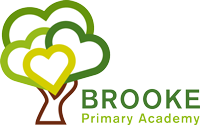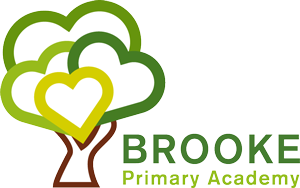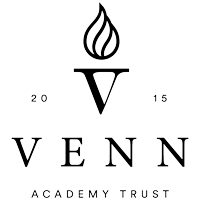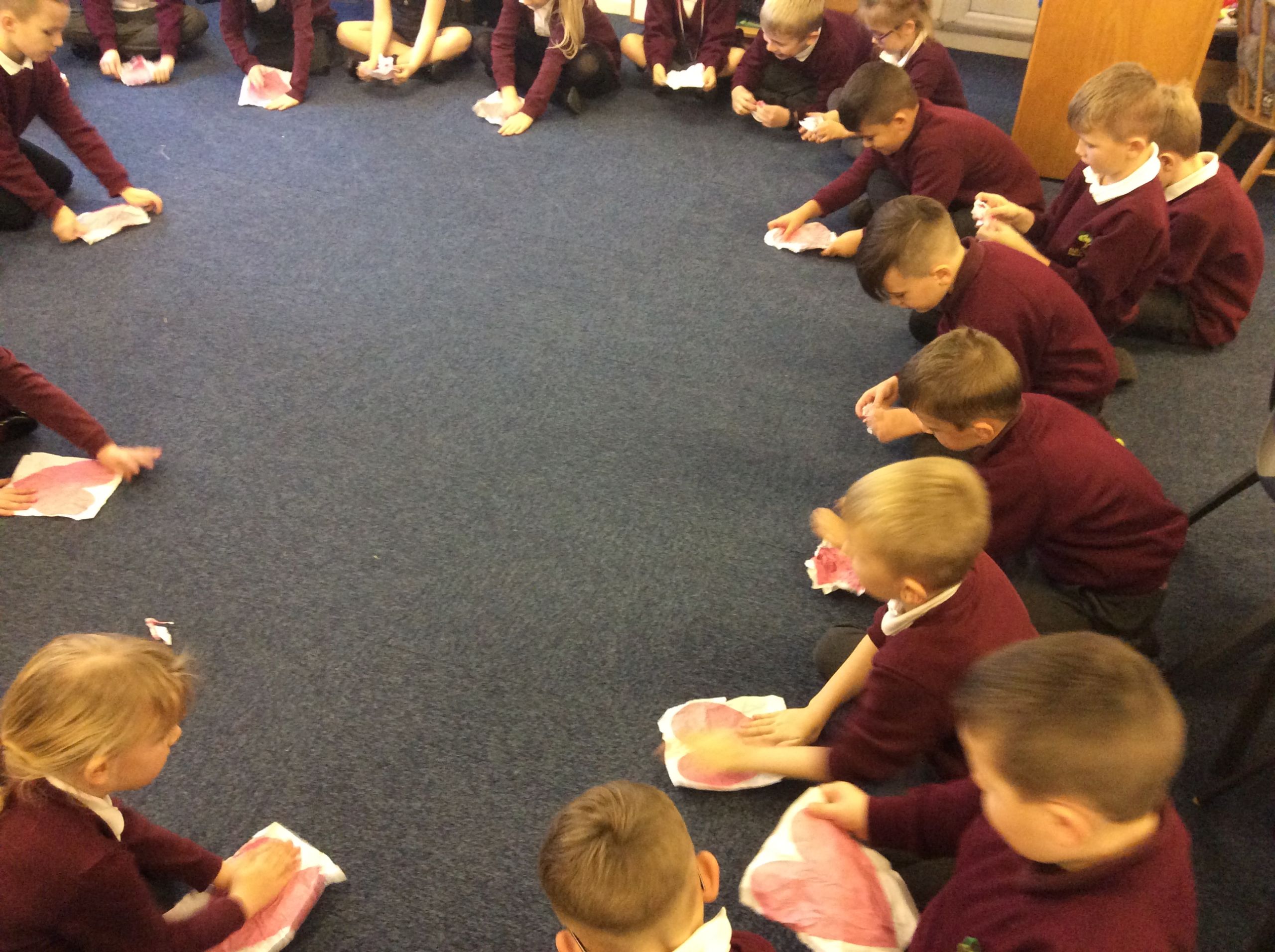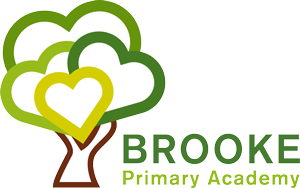
A Venn Academy Trust School
– Together we will…
Venn is a pioneering academy trust, committed to building educational environments where all pupils are inspired to become lifelong learners who achieve the very highest standards possible.
Collaborating with all partners, the Trust works with its unique settings to create world class learning experiences for all.

 PSHE
PSHE
Ambition
Our ambition is that when children leave Brooke Primary Academy, they will have developed their knowledge, understanding and emotions to become healthy, independent and responsible members of society and be ready to become global citizens.
We want our children to have high aspirations, belief in themselves and the realisation that anything is possible if they put their mind to it.
We want our pupils to:
- Develop a confidence in sharing their own thoughts and opinions with others
- Develop skills and attributes to keep themselves healthy and safe
- Develop an attitude of a responsible global citizen
- To show tolerance of others beliefs, religions and life choices
- To build positive, respectful relationships with other people
Implementation
How do we deliver PSHE at Brooke Primary Academy?
- All pupils have a weekly PSHE lesson.
- Schools uses the Jigsaw PHSE scheme from Nursery to Year 6 so that all pupils cover the same themes throughout the year thus ensuring continuity and progression that builds upon existing skills. The themes covered are:
Autumn 1: Being Me in my World Autumn 2: Celebrating Difference
Spring 1: Dreams and Goals Spring 2: Healthy Me
Summer 1: Relationships Summer 2: Changing Me
- Visitors such as emergency services and the school nurse complement our PSHE curriculum to offer additional learning.
- Assemblies are planned to cover any additional sessions that would benefit the whole school.
- To provide a clear and comprehensive PSHE scheme which is in line with the National Curriculum. The scheme of work covers areas such as:
Families
Relationships (including bullying)
Safety (including e-safety)
Emotional health
Healthy eating and exercise
Growing up
British values and citizenship
Impact
When children leave Brooke we want them to:
- Be happy, healthy and responsible members of society
- Demonstrate a healthy outlook towards school life
- Demonstrate and apply British values
- Have the foundations for their journey in life and work in modern Britain
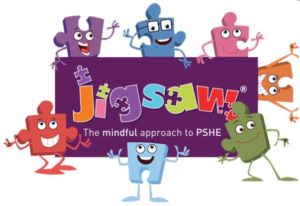
Further information and resources
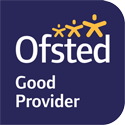
School Environment: The academy is described as a warm and welcoming place where pupils feel safe and happy. Respectful and positive relationships are central to the school’s environment.

Reading and Phonics: The school is committed to ensuring all pupils learn to read. Effective training and support for teachers, along with appropriate reading materials and catch-up sessions, help pupils read accurately and confidently.

Positive Behaviour: Changes in how behaviour is managed have helped pupils reflect on their feelings and make better choices. This has resulted in positive behaviour during lessons and playtimes.

Safeguarding: The school has effective safeguarding arrangements, creating an open and positive culture that prioritises pupils’ interests.

Overall Effectiveness: The school is rated “Good” in all categories, including quality of education, behaviour and attitudes, personal development, leadership and management, and early years provision.

Curriculum and Learning: The curriculum is well-considered, building on previous learning to deepen understanding. While assessment systems need improvement, the school’s overall approach helps in identifying and supporting pupils’ needs.

Support for SEND: The school effectively identifies and supports pupils with special educational needs and/or disabilities (SEND), involving parents in the assessment process and adapting lessons to help these pupils build new knowledge.

Governance and Leadership: Trustees and governors are skilled and committed, regularly visiting the school and maintaining an accurate picture of its operations to ensure continued improvement.

Extracurricular Activities: There is a wide range of clubs available, such as football, rugby, forest school, and choir, which help develop pupils’ talents and interests.

High Expectations and Progress: The school sets high expectations for all pupils, which are being met. Parents appreciate the support and information provided by the staff and are pleased with the progress their children make.

Anti-Bullying: Pupils respect each other, believe in the school’s values, and feel confident that any issues, including bullying, would be resolved quickly by adults.

Early Years Provision: The early years setting promotes positive relationships and collaboration among children. Adults model effective communication and use assessment well to engage children in their learning.

Promotion of Values: Pupils learn about diversity and British values through various activities and demonstrate positive attitudes and respect for others. The school also encourages community involvement, such as the choir singing in residential homes and helping at the local food bank.
